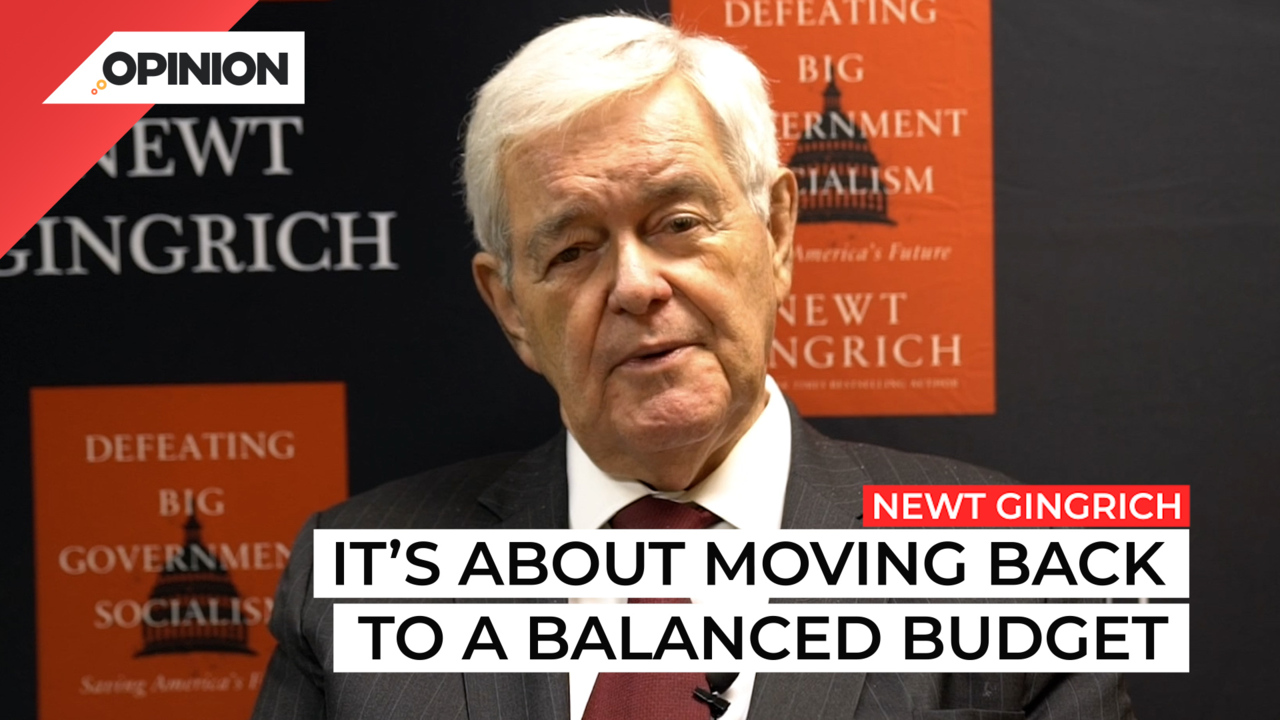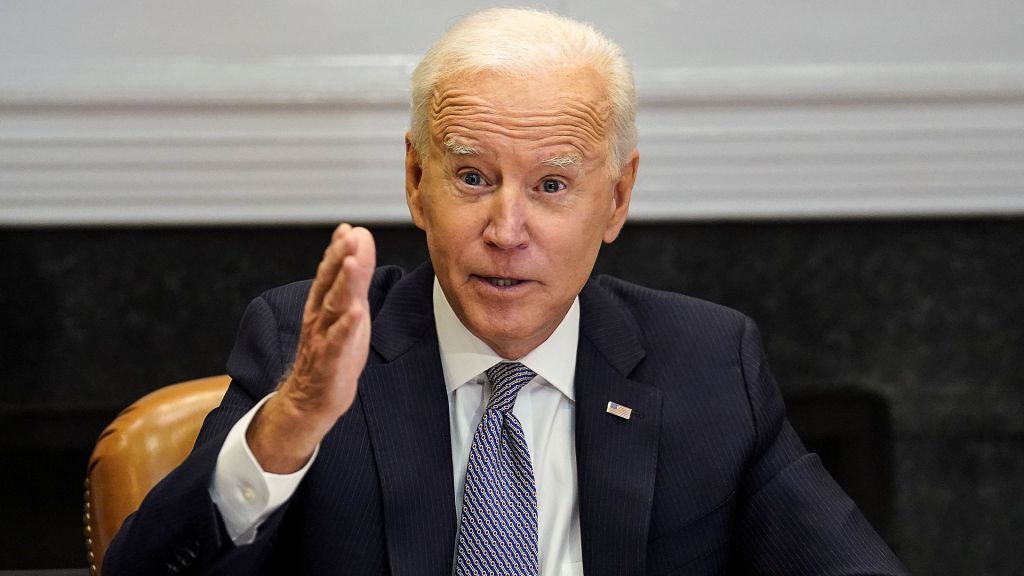
Commentary
-
Our commentary partners will help you reach your own conclusions on complex topics.
One of the biggest challenges this year is going to be passing the debt ceiling. The debt ceiling is a provision by which the Congress with the president signature establishes the total amount of money, the US government’s allowed to borrow. That’s why it’s called a debt ceiling. It was put in many, many years ago, to try to block the constant increase in the federal debt. It hasn’t worked very well. But it does guarantee occasionally, a real fight over priorities, a real fight over budget reform, and a real fight over trying to shape the government of the future. Now, we’ve had huge amounts of spending in the last couple of years. So the debt ceiling is about to go up pretty dramatically. And the question is, do we just roll over and allow the people who’ve been using our taxpayer credit card to have even more money from the taxpayer? Or do we have a pretty big fight, and start setting some limits on what government can spend and start moving towards a balanced budget, there is a very determined group of conservatives, particularly in the house, who are determined to fight for moving towards a balanced budget, I have a pretty deep bias. As Speaker of the House, I helped pass the only four balanced budgets in your lifetime. And in fact, we balanced the budget so decisively, that by the end of the fourth year, they were projecting that by 2009, we would have paid off the entire federal debt. And in fact, Alan Greenspan, then the Chairman of the Federal Reserve, will actually had a study group asking the question, how do you manage the money supply? If you’re not borrowing anything, they’d never contemplated that we last time we got in that shape was 1837. Now things broke down, politicians didn’t follow through. And as a result, we’re back to deficit spending. But it is possible to balance the federal budget, it is possible to control spending, and the conversation we’re going to have this year about raising the debt ceiling is a very important point. To have that initial look. I would say also, that from a conservative standpoint, to just roll over and allow the people who have been capriciously misusing the taxpayers credit card to continue running up more and more debt would be very irresponsible. And so my hope is that speaker McCarthy and the new Republican majority are going to draw a very firm line in the sand indicate clearly the President Biden that the only way they’re going to get the debt ceiling signed, is to have genuine reforms that begin moving us towards a more fiscally solid base. It’s going to be very important. I think all of us have to pay attention. This isn’t some theoretical arcane thing. This is about controlling inflation. It’s about strengthening the dollar. It’s about making sure that we move back towards a balanced budget for our children and for our country.
-
Biden’s foreign policy riddled with errors and misfortune
President Biden entered office with a promise to repair the damage inflicted by former President Trump on the international stage. He vowed to prioritize values like democracy and human rights while also aiming to end the “forever wars” in Afghanistan and the Middle East. Yet, some critics argue that U.S. foreign policy has been marked…
-
Illegal immigrants want to invade and occupy your home
Illegal immigrant Leonal Moreno recently posted an instructional video on TikTok guiding fellow immigrants on how to leverage U.S. squatting laws to safely occupy abandoned homes. Moreno said that his goal is to avoid having to become a “public burden” to U.S. taxpayers by finding his own shelter in abandoned places. Some viewers, however, perceive…
-
Americans should not have to pay to rebuild Key Bridge
The collapse of the Key Bridge in Baltimore represents a major setback for the Port of Baltimore and the entire East Coast highway network. Although the debris removal may be completed within a few weeks, the reconstruction process will be both time-consuming and expensive. Some estimates suggest the cost could exceed $1 billion. So who…
-
White rhino IVF pregnancy breakthrough could save species
In February 2024, a controversial ruling by the Alabama Supreme Court prompted some health care providers in the state to halt their in vitro fertilization (IVF) programs, sparking division among Republicans. The Republican-led Alabama Legislature quickly worked to address the issue and protect IVF, resulting in the Republican governor signing a bill into law protecting…
-
Biden should approve Israeli invasion of Rafah
Recent debates on the Israel-Hamas war have focused on a looming invasion of Rafah at the southern end of the Gaza Strip, where many Palestinian survivors have fled following the total destruction of northern Gaza. Advocates of the Rafah invasion contend that Hamas cannot be eliminated without an invasion and occupation of Rafah. Opponents warn…
Latest Opinions
-
 AP Images
AP Images
Argentina asks to join NATO as Milei looks to enhance security, strengthen ties
-
 Getty Images
Getty Images
Utah students protest 'furries,' school admin deny problem
-
 Reuters/Jane Rosenberg
Reuters/Jane Rosenberg
Trump’s ‘hush money’ trial: Legal experts debate name coined by media.
-
 AP Images
AP Images
Black Chicagoans feel neglected as millions funneled to migrant crisis
-
 Envato
Envato
Congress wants to curtail ‘judge shopping.’ Can it act before the election?
Popular Opinions
-
In addition to the facts, we believe it’s vital to hear perspectives from all sides of the political spectrum.


